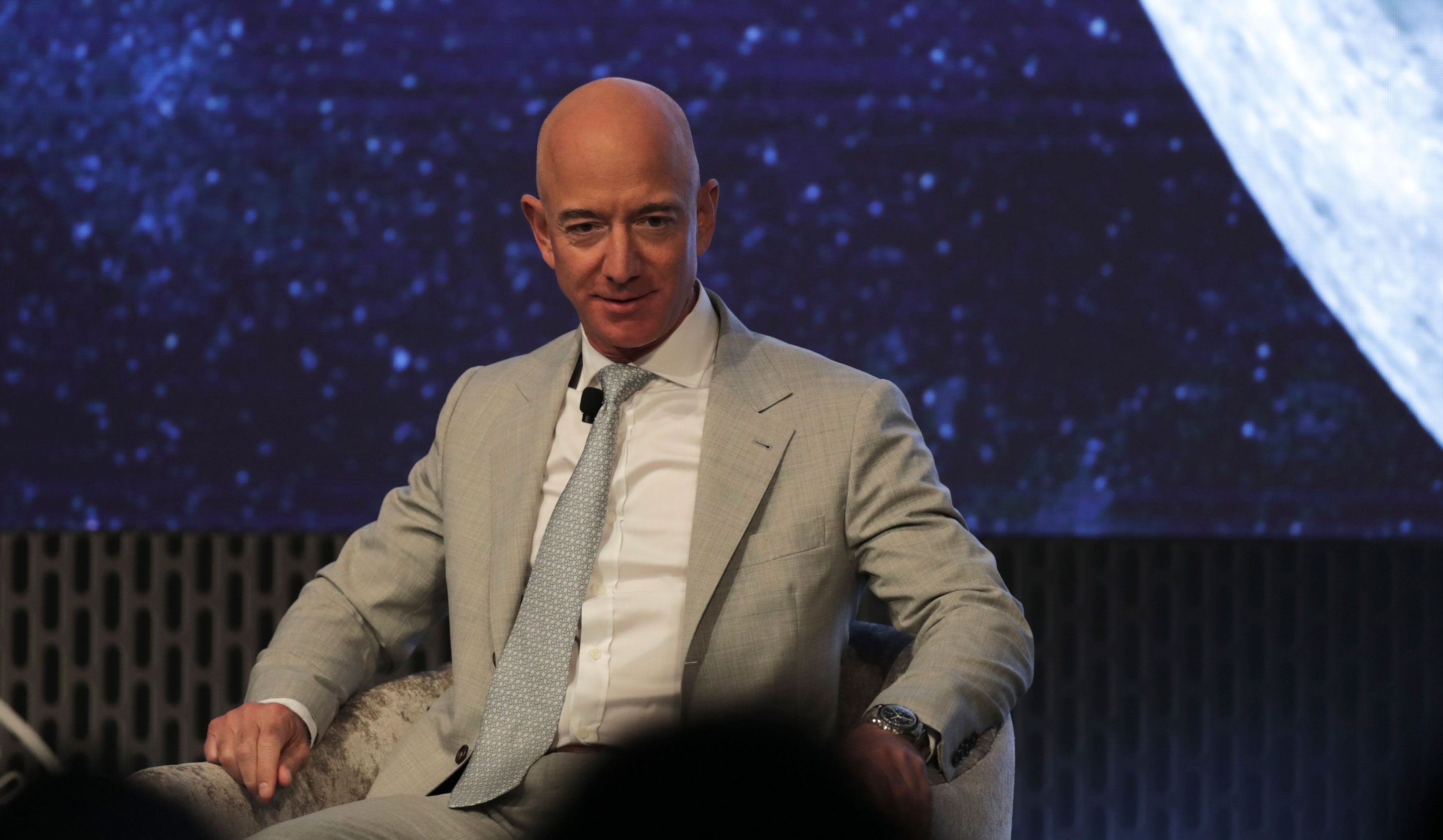Amazon has asked for permission to launch 3,200 broadband satellites

The firm has filed an application with the FCC to join SpaceX, One Web, and others in launching a constellation of satellites to provide broadband internet.
The plan: Amazon has asked for permission to launch 3,236 satellites into orbit as part of Project Kuiper. It says it wants to connect the tens of millions around the globe who don’t have broadband internet access. “Amazon’s mission is to be Earth’s most customer-centric company, and the Kuiper System is one of our ambitious projects to fulfill this mission,” the filing states.
Up and running: The satellites will fly at 98 orbital planes, at altitudes between 366 and 391 miles (589 to 629 kilometers). They will de-orbit after 10 years to mitigate the risk of space debris, Geekwire reports. Amazon says it can start offering broadband satellite services once the first 578 satellites are in position.
Getting busy: By 2025 as many as 1,100 satellites could be launching each year—up from 365 in 2018. SpaceX has permission to fly 12,000 small satellites by 2027 as part of its Starlink constellation. It has already placed 60 in orbit, so it has the jump on Amazon. There’s a bit of extra needle in the filings, too. Kuiper’s president as listed in the filing is a former Starlink engineer who was reportedly fired by Elon Musk in a SpaceX reorganization.
Read more about all of the coming satellite constellations in this article from our space issue.
Deep Dive
Space
The search for extraterrestrial life is targeting Jupiter’s icy moon Europa
NASA’s Europa Clipper mission will travel to one of Jupiter's largest moons to look for evidence of conditions that could support life.
How to safely watch and photograph the total solar eclipse
The solar eclipse this Monday, April 8, will be visible to millions. Here’s how to make the most of your experience.
How scientists are using quantum squeezing to push the limits of their sensors
Fuzziness may rule the quantum realm, but it can be manipulated to our advantage.
Stay connected
Get the latest updates from
MIT Technology Review
Discover special offers, top stories, upcoming events, and more.